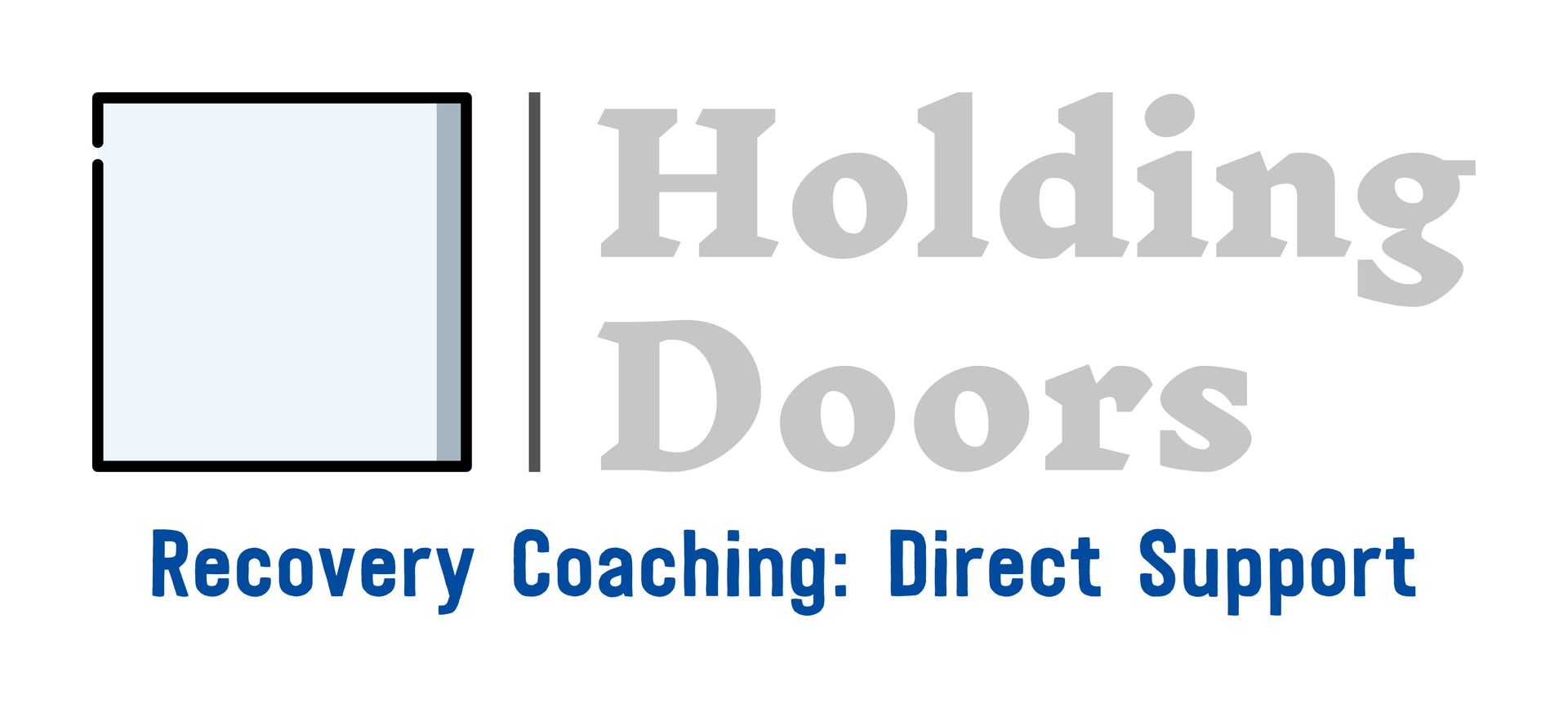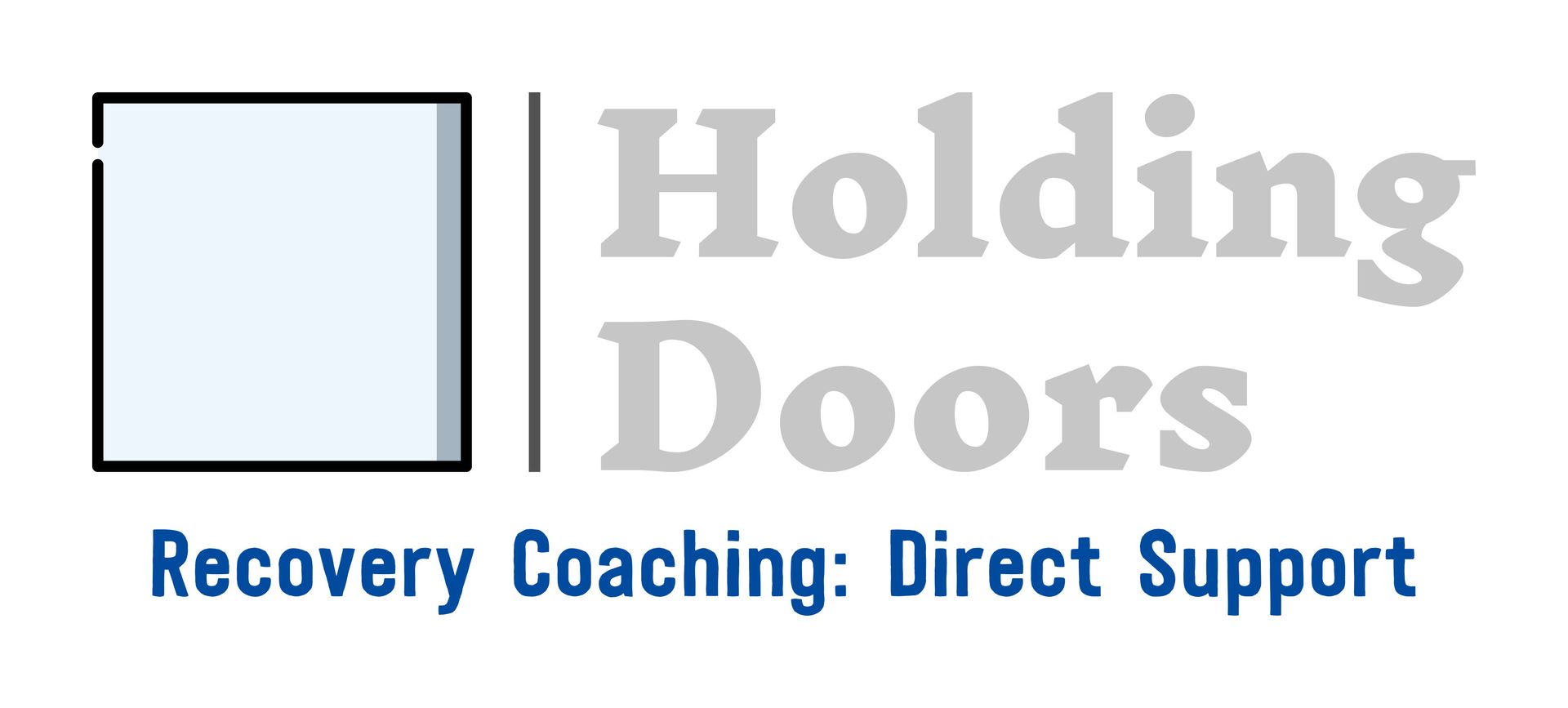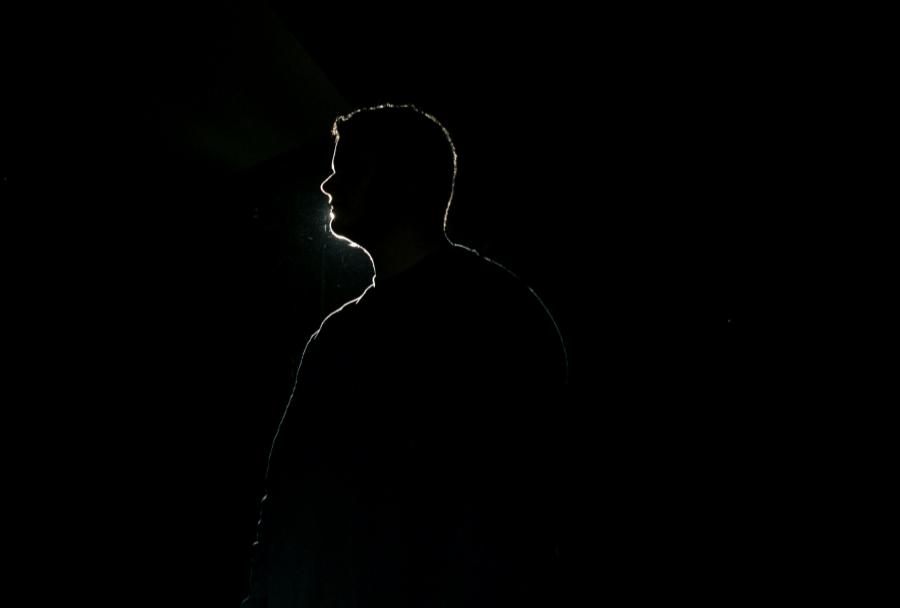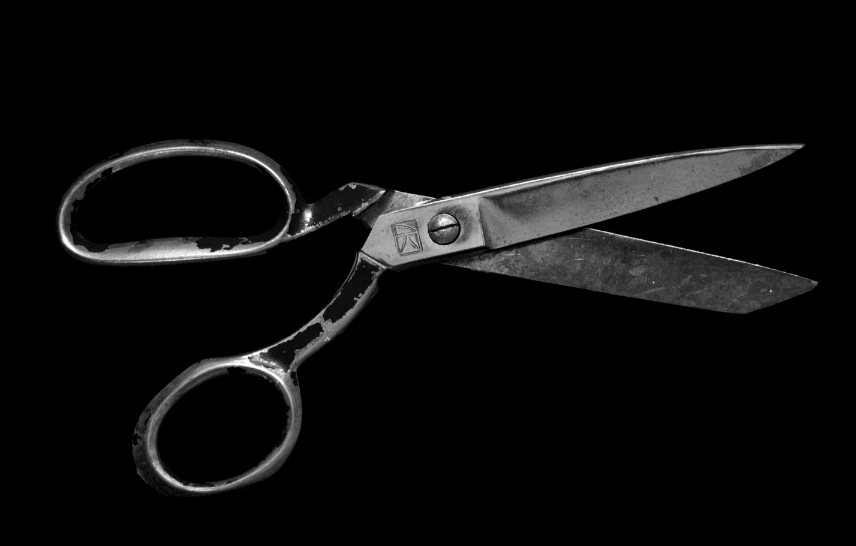If You Tippy Toe Out of Treatment, You Are FUCKED!
If You Tippy Toe Out of Treatment, You Are FUCKED!
Ballerinas are beautiful in NY... but not after inpatient treatment -
Leaving a treatment facility after battling addiction is a HUGE step! The real challenge begins the moment you step out. You are in new skin....
As an addiction recovery coach and interventionist educator, I've seen countless individuals navigate this critical transition. The journey from the controlled environment of a treatment center to the complexities of the real world requires more than brute strength and determination; it demands knowledge, systems-based strategies, and a solid support structure.
The Power of a Positive Mindset
Maintaining a positive mindset significantly impacts recovery. Our thoughts and beliefs shape our reality and outcomes. This principle is particularly important for those recovering from addiction. By fostering a positive mindset, individuals can attract better opportunities and experiences, making the path to long-term sobriety more manageable.
Knowledge Over Raw Strength
After completing treatment, many people often try to stay sober using only their willpower and may not fully follow their discharge plan. I understand that discharge plans are often overlooked by treatment centers, but our training and outreach efforts at Holding Doors are making a difference...
While determination is vital, it is not sufficient on its own. Knowledge and systems-based strategies are the real game-changers. In my aftercare 1-on-1 program, we focus on equipping clients with practical tools and knowledge that go beyond sheer willpower.
Daily Practices and Habits
- Establishing a routine is fundamental. Consistent daily practices, such as mindfulness meditation, regular exercise, and structured time management, help create stability and predictability, which are crucial for someone in recovery. We focus on identifying your unique situation and how you want to show up in your family, relationships, finances, work, health, passion, faith, and much more. You will dive in with intensity and equal calmness. Gone are the days when you say, "I drove by my normal liquor store and my body made me stop" or that corner you always bought your stuff from... Why? Because you are making progress, moving forward, and it feels good in your soul, truly in your soul, so it's easy!
Support Systems
- Remember that support continues even after leaving the facility. Engaging in ongoing therapy, participating in support groups, and staying connected with a sponsor or recovery coach is crucial. These systems provide accountability and a safe space to discuss challenges and successes. It's important to note that everyone's needs are unique. For example, I once had a client who was a successful "family man" financially, and his aftercare plan suggested going to a sober living facility, which WAS CLEARLY impractical for him. He also was not inclined to participate in AA meetings for various reasons, yet his discharge aftercare plan included attending AA meetings daily for the next 90 days. This seemed like a one-size-fits-all approach and quite amusing. I find it funny and am about to call him to catch up.
Purpose and Mission
- It's super important to have a clear sense of purpose and a well-defined game plan in order to drive sustained recovery. Whether it's pursuing a new career, reconnecting with family, or engaging in community service, having goals that extend beyond staying sober can provide motivation and direction. Taking action and being productive are key!
The Danger of "Tippy Toeing" Out of Treatment
Leaving treatment with a tentative, uncertain approach—what I call "tippy-toeing"—is a recipe for relapse. This hesitant mindset often stems from a lack of preparation and confidence in one's ability to handle real-world challenges. Leave treatment with a strong, assertive step, armed with the necessary tools and strategies!
Systems-Based Strategies for Sustainable Recovery
Education and Relapse Prevention
- Understanding addiction as a choice or a disease (WHATEVER!) and learning about the triggers and warning signs of relapse are essential. Education empowers individuals to recognize and address potential threats to their sobriety proactively.
Coping Mechanisms
- Developing a "moving forward" mindset can help in managing stress, anxiety, and cravings. Techniques like cognitive-behavioral therapy (CBT), dialectical behavior therapy (DBT), and other evidence-based practices offer practical skills for managing emotions and behaviors... & maybe none of these!
Holistic Health Approaches
- Addressing physical health through proper nutrition, regular physical activity, and adequate sleep plays a significant role in overall well-being and recovery. Holistic approaches consider the interconnectedness of body, mind, and spirit in the healing process.
The transition from treatment to everyday life is an important phase in the recovery journey. Relying solely on brute strength and determination is not enough. Embracing a positive mindset, supported by knowledge, systems-based strategies, and a strong support network, is the key to sustainable recovery.
Remember, if you tippy-toe out of treatment, you are setting yourself up for failure.
Equip yourself with the tools, knowledge, and support you need to stride confidently into a sober future.
For more insights and personalized support in your recovery journey, connect with Holding Doors and Nate, where we provide comprehensive aftercare programs designed to help you succeed.
A very special thanks to our sponsor of social media - The Liver Brand - I love your mission and your why!!!!
*This is a recovery/health coaching education service only. It is not, and is not intended to be, medical treatment or recommendations for medical treatment. Actual medical treatment must come from your physician. Telephone or video consultations do not replace the need for seeing a doctor in person. Holding Doors recovery educators and coaches cannot diagnose or prescribe medications, treatment, or testing procedures. Holding Doors recovery educators and coaches can provide general information that may need to be reviewed and approved by that person’s own physician. Consultations are not considered to be medical advice or diagnosis. Payments are refundable; if you reschedule with 24 hours' notice, your payment will be transferred in full to your new appointment. The cost of Holding Doors recovery education and coaching services is not covered by health insurance or Medicare











